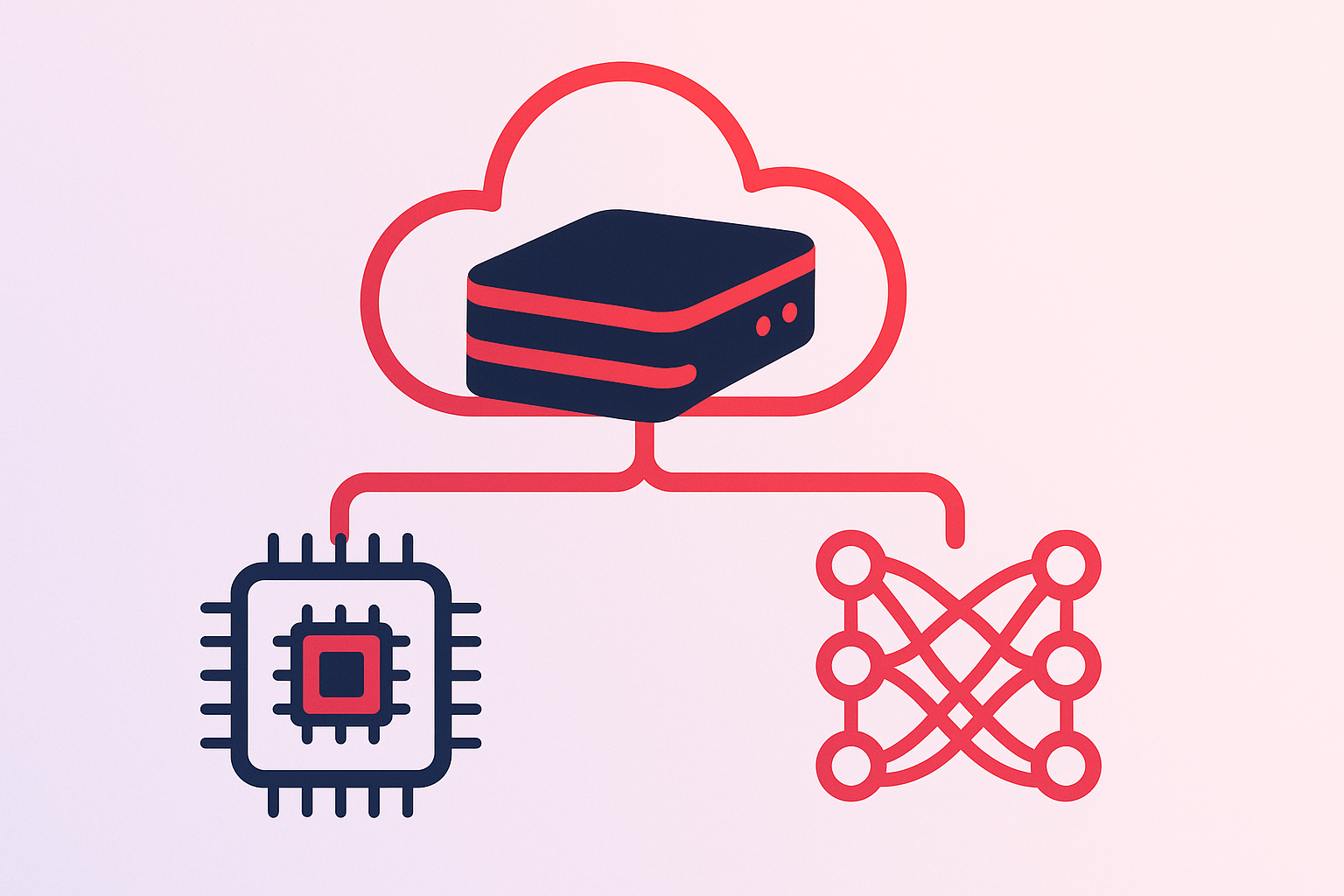
As AI and machine learning continue to shape the future of technology, the importance of powerful tools and infrastructure behind these advances has never been higher. Among the top names gaining attention in the AI cloud space is Nebius. In just a few years, they’ve become a go-to choice for developers building the next generation of intelligent applications. So, what sets Nebius apart from the usual cloud platforms, and why are more developers turning to them for their latest projects? Let’s break down the key reasons behind Nebius’s rapid rise in the world of AI infrastructure.
The Shift Toward AI-Native Infrastructure
Traditional cloud providers have greatly contributed to the growth of AI by offering standard compute and storage resources. But as machine learning models grow bigger and more complex, these generic solutions just aren’t enough anymore. Developers now look for platforms built specifically to get the best out of AI workloads—across large-scale training, inference, and deployment. Nebius answers this demand with a vertically integrated, AI-native cloud ecosystem, purpose-built from day one for machine learning performance and scalability.

Rather than retrofitting older services like many general-purpose providers, Nebius uses its own proprietary hardware, custom-built data centers, and specialized infrastructure. This focus helps speed up workloads while also saving on costs. With GPU cloud computing, distributed orchestration, and high-speed interconnects, Nebius allows developers to push AI to its limits—without the slowdowns common in traditional setups.
Nebius Token Factory: Simplifying AI Model Deployment at Scale
A major highlight in the Nebius ecosystem is the launch of the Nebius Token Factory in November 2025. This platform is designed to make deploying and scaling both open-source and custom AI models as smooth as possible. For developers, it means getting into production faster, backed by enterprise-class security, reliably low latency, and an impressive 99.9% uptime for critical applications.
The Token Factory tackles one of today’s toughest AI challenges: how to scale high-performing models without driving up costs or complexity. As demand for open models grows in both industry and research, Nebius makes it possible for developers to deploy and manage inference workloads with ease—sidestepping many of the hurdles connected with closed and proprietary model systems.
Developer Tools Built for Real-World Needs
Nebius doesn’t stop at infrastructure—it also delivers a powerful suite of tools for AI development. With managed Kubernetes tuned for ML, distributed computing orchestration, and built-in data utilities, Nebius makes complex workflows simpler. Developers benefit from easy autoscaling, intelligent workload balancing, and robust monitoring, speeding up the process from research to live production.
By focusing on what developers really need, Nebius frees up teams to spend less time worrying about infrastructure and more time creating. This leads to faster development cycles, reduced expenses, and a smoother path to deployment.
Sustainability and Cost-Effectiveness at Scale
Running large-scale AI usually comes with high infrastructure costs and a big environmental impact. Nebius tackles both challenges through energy-efficient hardware and data center design that lowers total cost of ownership (TCO) for AI-driven organizations. Their commitment to building sustainable AI infrastructure lets teams scale up their projects responsibly, without runaway costs or a heavy ecological footprint.
As AI projects increase in size and complexity, cutting operational expenses—while keeping sustainability in mind—sets Nebius apart. This focus strongly resonates with today’s development teams who want to do good while building great technology.
Strategic Partnerships and Expanding Ecosystem
Nebius’s growth is also fueled by high-profile collaborations. With major partnerships like a multibillion-dollar agreement with Microsoft and its place in the NVIDIA Partner Network, Nebius brings leading technology into its ecosystem. Subsidiaries such as Toloka (AI data services), Avride (self-driving vehicle tech), and TripleTen (edtech) expand Nebius’s reach, creating one of the most diverse innovation platforms in the space.
Developers working in areas like AI data labeling, autonomous vehicles, or education technology benefit from this interconnected environment. It can speed up project timelines and open new career paths. Those interested in wider AI trends might explore discussions on the role of large language models or the evolution of AI characters, all of which rely on strong infrastructure like Nebius.
Performance and Growth: Why the Market Is Paying Attention
The growing interest in Nebius is backed by proof, not just hype. By 2025, Nebius posted a massive 625% jump in Q2 sales year-over-year, reaching $105.1 million, with its stock climbing 390% over that same time. These results reflect real confidence in Nebius’s business model—and showcase the rising demand for infrastructure built for AI.
For developers and organizations choosing their next cloud partner, these figures shine a light on more than just technical strength. They point to commercial stability and viability—crucial factors for anyone launching a long-term AI project.
How Nebius Stacks Up Against the Competition
Big cloud providers like AWS, Google Cloud, and Azure are strong options, but their services are designed for a broad range of needs. Nebius, on the other hand, is laser-focused on AI from the ground up. This lets them offer deeper optimization, better pricing for GPU jobs, and tools built specifically for machine learning engineers. If you’re building modern, data-heavy applications, Nebius’s specialized approach makes a strong case.
Practical Use Cases and Developer Success
Nebius powers a wide range of AI projects—from open-source model research and startup tools to robust, enterprise-grade solutions in finance, healthcare, and autonomous tech. Their managed Kubernetes and orchestration services help organizations launch projects faster and with fewer hassles.
For developers running production workloads or testing out new ideas, Nebius’s quick scaling, low downtime, and easy integration with popular AI frameworks can make a real difference.
Anyone focused on practical AI deployment may also want to check out tips on must-have developer tools or explore AI safety for specific audiences, all pointing to the ongoing need for strong, responsible infrastructure.
Final Thoughts
Choosing the right infrastructure partner is a crucial step in any AI project’s journey. Nebius stands out as a trusted choice for developers who value top-notch performance, flexibility, security, and sustainability. As Nebius’s adoption grows and its ecosystem becomes even more robust, it’s clear the company is set to remain front and center in developer conversations as AI continues to evolve.



